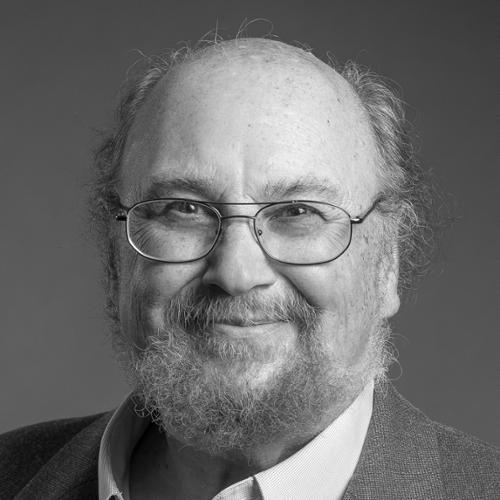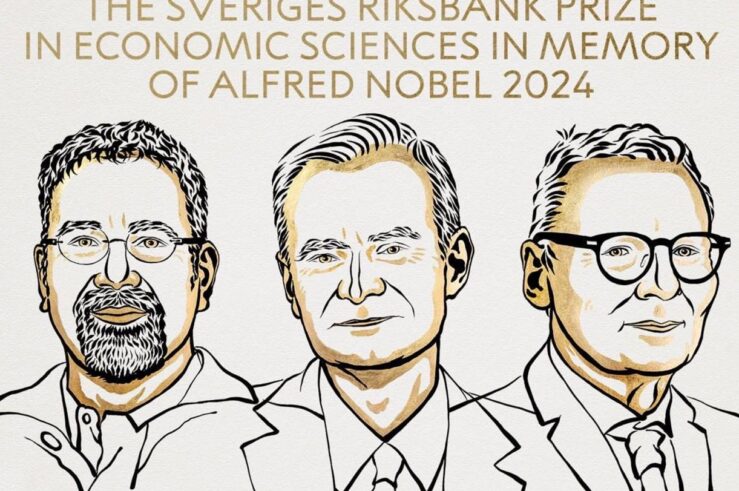The New York Times reports that the most recent price for a taxi in New York medallion is $1,000,000. Wikipedia reports that there are 13,237 licensed cabs in New York. (A “medallion” is the physical form of a taxicab license.) This means that the present value of the rents created by limiting taxicabs is $13,237,000,000 — thirteen billion dollars. This is just the rents; the total lost consumer surplus is much greater because the lack of taxicabs creates substantial deadweight losses. For example, I am confident that many people have cars in New York only because they cannot count on getting a cab. Cabs change shifts during rush hour because they can earn less at this time and so that is when they go out of Manhattan to change drivers, just when demand is greatest. (This is also caused by the relatively too low price for waiting compared with the price for driving.) There is a proposal which will make it easier for limousines to pick up passengers. Of course, the taxi owners are opposed to this plan, but it would clearly be an efficient change.
New York Taxis
Paul H. Rubin, New York Taxis, Truth on the Market (October 21, 2011), https://truthonthemarket.com/2011/10/21/new-york-taxis/




